How did social media influence the Johnny Depp vs Amber Heard defamation case, Adarsh finds out
The court trial between Hollywood actors John Christopher Depp and Amber Laura Heard underway in Fairfax County, Virginia, ended with the former being found liable on one count of defamation and the latter guilty on three counts.
But long before the verdict was out, in fact way before the trial was even underway in court, another trial – held on various social media platforms – had everyone convinced of Depp’s innocence and was equally vehement that Heard was the villain.
At the time of writing, #IStandWithAmberHeard has about 8.2 million views on TikTok while #JusticeForJohnnyDepp has in excess of 15 billion. So how is it that seemingly the entire online community is #TeamJohnny?
For the uninitiated, Heard filed for divorce and a restraining order in 2016, claiming that ex-husband Depp had physically and sexually assaulted her. Two years later, she wrote an article for The Washington Post where she spoke about domestic abuse, without naming her perpetrator.
Depp immediately sued her for defamation. Heard then countersued after Depp’s attorney called her claims “a hoax”. The trial ended this month with the jury ruling that the statements in Heard’s op-ed were false and defamatory and awarded Depp $10.35 million in compensatory and punitive damages from Heard. The jury also ruled that the statement regarding the “hoax” was defamatory and thus awarded $2 million in compensatory damages to Heard from Depp.
Trial by Social Media
The trial had commenced on April 22 but just a week in, netizens were convinced of Depp’s innocence and that Heard was the real villain. Considering it was a defamation trial, Depp’s testimony came first but even before Heard had a chance to have her say in court, the verdict was out on social media. As far as people on the internet were concerned, Depp was the victim.
Viral videos, competing hashtags, scathing articles, mocking memes and all forms of other curated content were trending on every social media platform. #JusticeForJohnny and #TeamJohnny were the top hashtags across platforms as were anti-Heard hashtags like #AmberIsALiar and #AmberTurd.
Content creators saw that the entire world was following the case and seized the opportunity. They started delivering breaking news based on their own observations which went on to bend the narrative. Whether they were doing it to drive profits through views or because they really believed Depp was innocent, they were shaping public opinion through their content.
Economic bias also played a big role. It became immediately apparent that pro-Depp content would fetch more views while anything pro-Heard would result in a loss of followers. And most creators don’t care about the content, all they care about is the views.
According to Business Insider, content creator Alyte Mazeika earned $5,000 in a week when she switched the content on her YouTube channel to nonstop trial analysis. Another YouTuber, who goes by TheUmbrellaGuy, made $80,000 in May 2022 through pro-Depp content, according to social analytics firm Social Blade.
With no editorial standards or journalistic norms, these creators are free to side with any party they favour. While traditional media has to be serious, objective and answerable, online content creators can choose to be whatever they want. By being funny or cynical, they are seen as honest or original which the youth of today find relatable.
What the Fans had to say
As mentioned earlier, fans on social media were convinced of Depp’s innocence way before the trial had even begun, blatantly ignoring various facts that suggested Depp may not be completely blameless.
In 2020, Depp had sued The Sun for defamation after the UK-based publication had called him a “wifebeater”. The trial, in which both Depp and Heard testified, concluded with the judge finding “overwhelming” evidence that Depp had “physically and sexually assaulted” Heard in 12 of the 14 counts.
During the Fairfax trial, several text messages from Depp to friends were presented as evidence. “I will f**k her burnt corpse afterwards to make sure she’s dead,” wrote Depp in one of the texts while another one referred to Heard’s body as “mushy pointless dangling overused floppy fish market.”
But despite the overwhelming evidence that Depp may not be completely spotless, the fans were unwavering in their support. Some of the fans didn’t even deny the alleged abuse from Depp, in fact they justified and supported it. “He could have killed you,” read one viral Tiktok post with the text superimposed over photos of Heard’s bruised face. “He had every right” the post concluded. As of today, it has more than 2,22,200 likes.
Sociologist Nicole Bedera , who specialises in sexual violence, had a theory about why most fans are pro-Depp. Speaking to NPR, she said: “We all think that sexual violence is wrong and say that we will believe and support survivors, up until the perpetrator is someone we know and like. You don’t want to feel like you’re a bad person if you continue to like Pirates Of The Caribbean.”
What the Celebs said
The majority of Hollywood also chose to side with Depp or remain silent on the matter, considering he is one of the leading stars of the industry. Heard, meanwhile, is a relative outsider, with online smear campaigns even claiming that she had landed Aquaman, arguably her biggest role, thanks to Depp’s influence.
Several celebrities, including Javier Bardem and Eva Green, made public statements in support of Depp. Chris Rock even tweeted, “Believe all women, except Amber Heard”. In stark contrast, when Julia Fox made a pro-Heard tweet, claiming that Depp was “way more powerful physically and financially”, she was attacked on social media. A tweet even claimed that this was “feminism at its worst”.
It wasn’t just celebrities, brands also picked sides. Duolingo and Milani mocked Heard on social media while Snapchat released a ‘crying face’ filter in May after clips of Heard crying in court while recounting her assault went viral. Snapchat later claimed that the filter wasn’t connected to Heard but the damage was done. The filter became just as viral as the memes.
When celebrities and brands share their opinion publicly despite concrete proof, it inadvertently shapes the narrative and results in more fans and social media users to believe what they say.
Was the Jury influenced?
There is no doubt that the jury was influenced. Speaking to NBC, Heard’s attorney, Elaine Bredehoft, said the “lopsided” social media chatter “influenced” the verdict and turned the courtroom into a “zoo.”
“How can you not (be influenced)? They (the jury) went home every night. They have families. The families are on social media. We had a 10-day break in the middle because of the judicial conference. There’s no way they couldn’t have been influenced by it (social media),” she said.
Depp’s attorney, Benjamin Chew, pretty much acknowledged the role that the public opinion on the internet played during the trial. “We are also most pleased that the trial has resonated for so many people in the public who value truth and justice,” said Chew in his statement after the verdict.
The Final Verdict
The court’s verdict has only amplified the online support for Depp and the continued hatred for Heard and all those in support of her. But looking beyond the defamation charges, this trial will have deep lying implications.
Apart from dealing with the rape and death threats and the constant hatred on the internet, Heard was also accused of not leaving her ex-husband sooner, of not fighting back, of not being bruised enough and of not having enough evidence. Both Depp’s attorneys as well as the internet have succeeded in portraying her as a manipulative liar with multiple mental disorders.
The case will act as a deterrent to abuse victims thinking of seeking justice. It establishes the fact that going to the authorities will only result in shame and ridicule and that the perpetrators will always get away, even if concrete evidence is furnished. One psychologist told Rolling Stone that after watching the trial, “hundreds” of survivors had contacted her to retract victim statements or pulled out from court cases.
That being said, social media is not always the culprit. Internet campaigns played a huge part in Britney Spears’ conservatorship case. It led to the ‘Free Britney’ movement which ultimately resulted in a long trial that ended with the singer getting her freedom back after being in conservatorship for 13 years.
But cases like Depp vs Heard and the ensuing trial by social media brought out the worst in people and showed us how even sensitive topics like domestic violence and sexual assault end up being trivialised.
In case you missed:
- Elon Musk says X will now be payable for New Users
- Cloudflare’s One-Click Solution for Image Verification
- You can Now Create a Video From a Single Image!
- AI and Loneliness: Culprit or Cure?
- TalkBack, Circle To Search & 3 More Google Features added on Android
- How Accurate are AI Web Searches?
- How Meta AI stopped Lucknow Woman from committing Suicide
- 5 Free AI Assistants To Make Your Life Easier
- Talk to ChatGPT with new AI Glasses
- Heavenly Bytes: Is AI the new Medium to God?



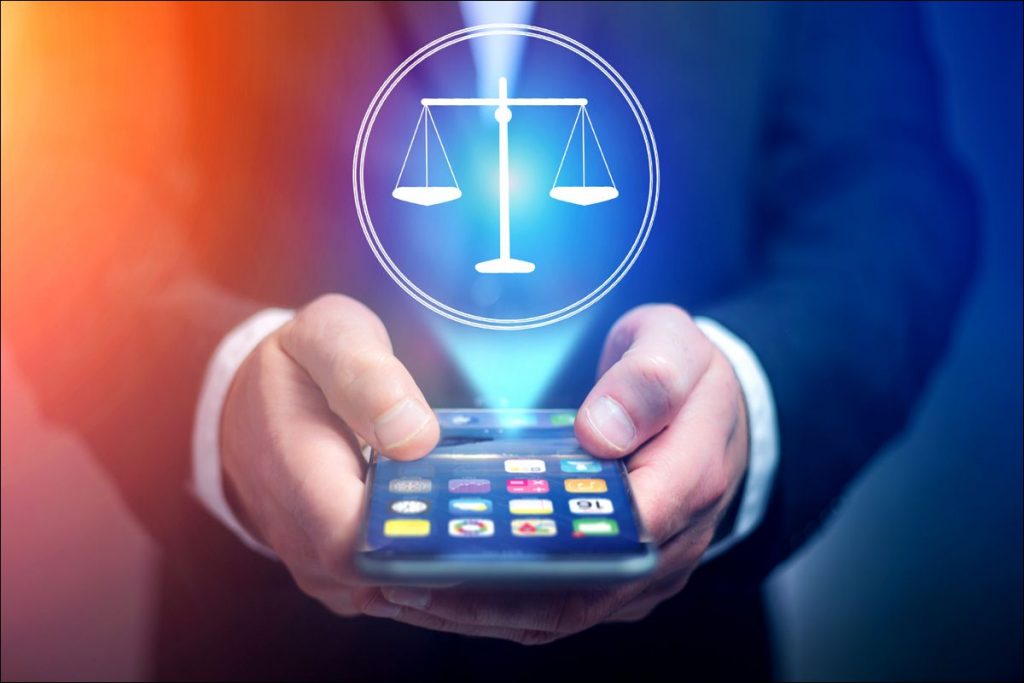
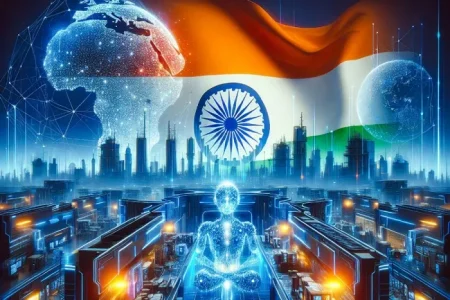
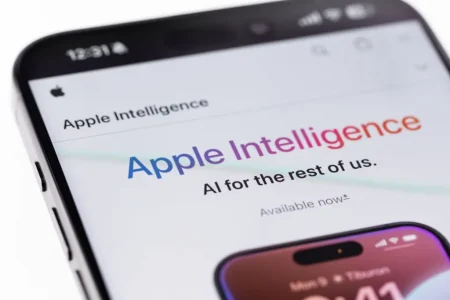
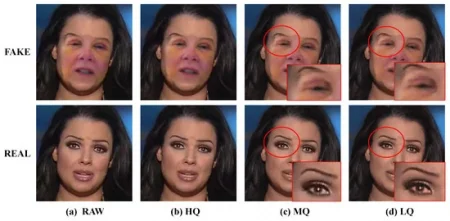
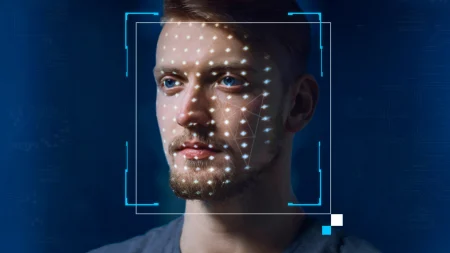

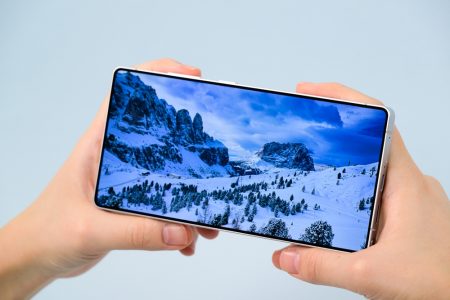
1 Comment
Thank you for sharing the information about the trail by tiktok , it is good article , keep sharing.